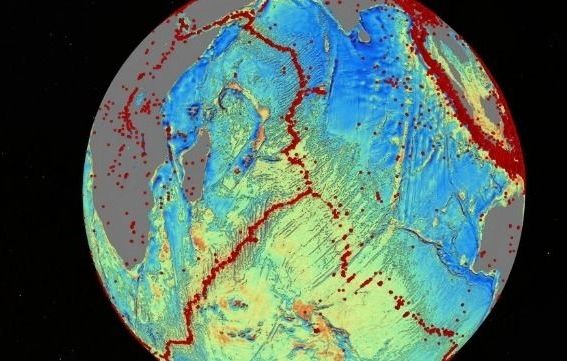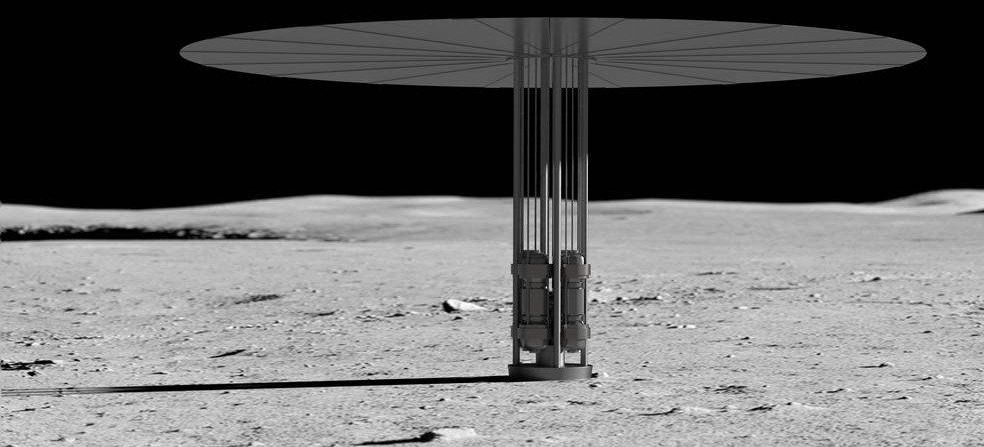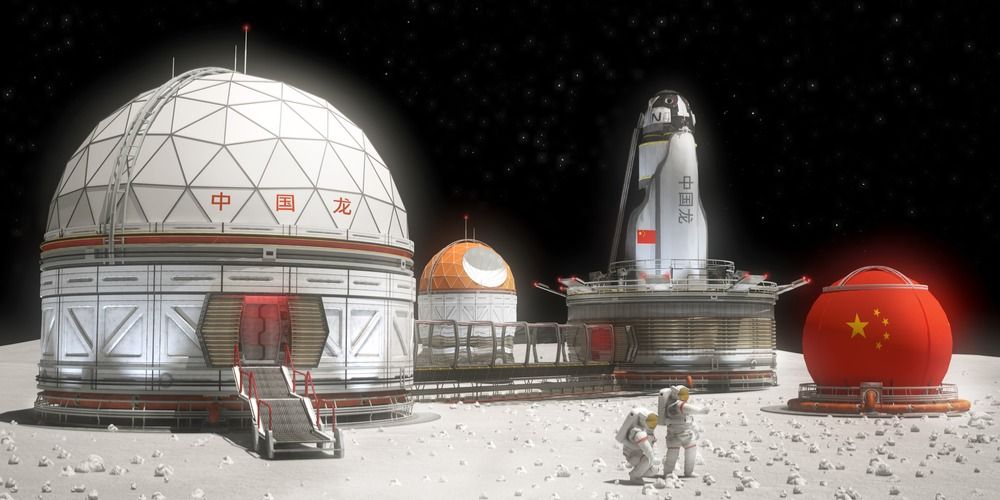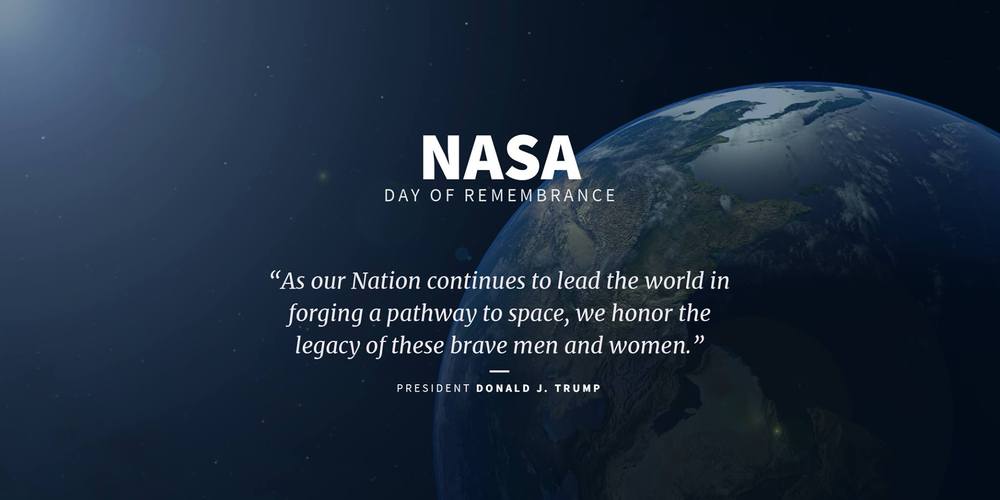Feb 8, 2019
Chronic rhinosinusitis linked to depression, anxiety
Posted by Xavier Rosseel in categories: biotech/medical, neuroscience
(HealthDay)—Chronic rhinosinusitis (CRS) is associated with incidence of depression and anxiety, according to a study published online Feb. 7 in JAMA Otolaryngology-Head & Neck Surgery.
Jong-Yeup Kim, M.D., Ph.D., from Konyang University Hospital in Daejeon, South Korea, and colleagues conducted a retrospective nationwide cohort study using population-based insurance data for 16,224 patients with CRS and 32,448 individuals without CRS, with propensity score matching between the groups. The incidence, survival rate, and hazard ratios of depression and anxiety were calculated for each group.
The researchers found that during the 11-year follow-up, the overall incidence of depression was higher in the CRS versus the non-CRS group (24.2 versus 16.0 per 1,000 person-years; adjusted hazard ratio, 1.54). Higher incidence of anxiety was also seen in the CRS versus the non-CRS group (42.2 versus 27.8 per 1,000 person-years; adjusted hazard ratio, 1.57). Compared with patients with CRS with nasal polyps, patients with CRS without nasal polyps had higher adjusted hazard ratios for developing depression (1.61 versus 1.41) and anxiety (1.63 versus 1.45).
Continue reading “Chronic rhinosinusitis linked to depression, anxiety” »


















